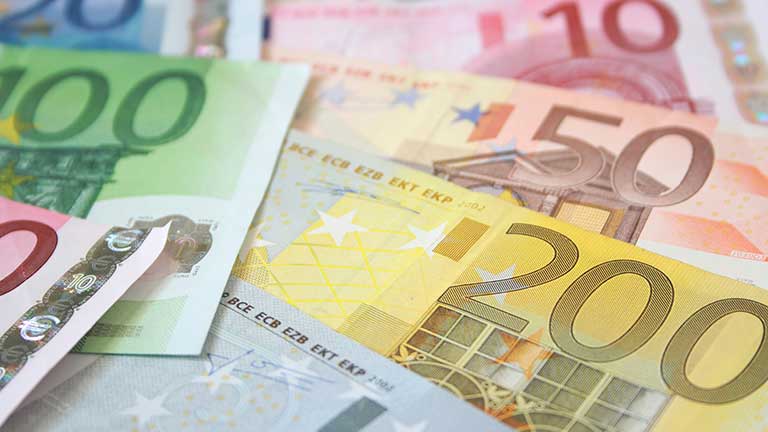The European Commission revised up its growth forecasts for the bloc for this year and next yesterday, based partly on a better-than-expected second half of 2016 and a “robust” start to the year.
However, European statistics agency Eurostat updated its preliminary estimates for the final three months of 2016, concluding economic performance had not been as positive as previously thought. Germany, Italy and Greece all recorded worse-than-expected growth figures.
German growth was 0.4%, down from a consensus estimate of 0.5%, while growth in Italy slowed in the final three months of 2016 compared with the third quarter, from 0.3% to 0.2%, according to figures published yesterday.
The Greek statistics office also released the latest figures on the embattled country’s GDP, marking a dramatic fall between quarter three and quarter four. Amid growing optimism after a 0.9% expansion, the Greek economy ended the year with an unexpected contraction of 0.4%.
The news is a blow to analysts’ expectations and those invested in the Greek bailout deal who had anticipated that growth would continue. It will likely serve to exacerbate a deepening rift between Greece, its European creditors and the International Monetary Fund about the reforms needed under Greece’s latest €86bn rescue package.
Across the eurozone as a whole, Eurostat downgraded its preliminary estimates of growth for Q4 of 2016 by 0.1 percentage points, from 0.5% to 0.4%.
This suggests the cautious optimism presented in the commission’s winter economic forecast yesterday was appropriate. While the prediction envisaged a slight boost to growth, it warned risks to the outlook had increased and were “exceptionally large”.
Analysts Capital Economics has even lower expectations. Jessica Hinds, its European economist, warned: “Growth looks set to slow this year due to rising energy prices and political risks.”
A series of critical national elections are due to take place this year, starting with the Netherlands in March and followed by France (first round in April, second round in May) and Germany (September). Concerns about how well eurosceptic parties could do in all three are rife.
After the resignation of former Italian prime minister Matteo Renzi following his loss in a key referendum last year, the potential of an early general election in Italy also looms.
The anti-euro Five Star Movement is approaching the ruling Democratic Party in terms of support. While the current electoral system means no party would gain a majority in either house of parliament, three big anti-euro parties could gain almost half of the vote.
Jack Allen, another European economist at Capital Economics, warned that if eurosceptic parties’ poll ratings improve further, concerns about the Italy’s future in the eurozone could build, hitting investment and potentially sparking some capital flight as individuals look to shift their cash into a safer eurozone economy.
Allen said this could risk a “full-blown crisis” in Italy’s already struggling banks, plagued by €360bn worth of bad loans.
The government has already put together €20bn to recapitalise some embattled lenders, including the world’s oldest surviving bank Monte Dei Paschi. It is currently in talks with the European Commission to pump €8.8bn worth of this into the bank without breaching state aid rules.
Reuters and the Financial Times yesterday also reported that Italy is planning to approach Brussels again to discuss doing the same with two regional banks, Veneto Banca and Banca Popolare di Vecenza, in a state rescue worth another €4-5bn.
“With the economy already growing slowly, lower investment and weaker banks would be very bad news,” Allen noted in regards to the prospects of early Italian elections.













